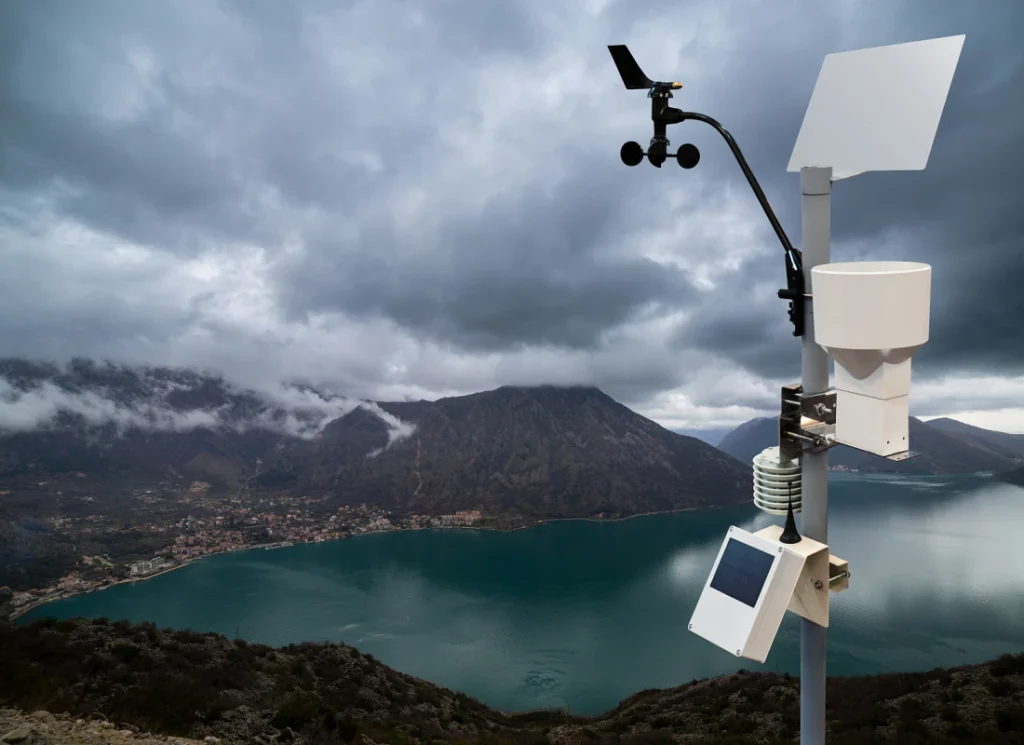Rainwater Sensor: Efficient Water Management Solution

# Rainwater Sensor: Efficient Water Management Solution
## Introduction to Rainwater Sensors
Rainwater sensors are innovative devices designed to detect and measure precipitation, providing valuable data for efficient water management systems. These sensors play a crucial role in modern water conservation efforts by helping individuals and organizations optimize their water usage based on actual rainfall patterns.
## How Rainwater Sensors Work
Rainwater sensors typically consist of moisture-sensitive components that react to precipitation. When rain falls on the sensor’s surface, it triggers a response that can be measured and interpreted by connected systems. There are several types of rainwater sensors available:
– Tipping bucket sensors
– Capacitive sensors
– Optical sensors
– Piezoelectric sensors
Each type offers different advantages in terms of accuracy, maintenance requirements, and cost-effectiveness for various applications.
## Benefits of Using Rainwater Sensors
Implementing rainwater sensors in water management systems provides numerous advantages:
1. Water Conservation: By detecting rainfall, these sensors can automatically adjust irrigation systems, preventing unnecessary watering during or after precipitation events.
2. Cost Savings: Reduced water usage translates directly to lower utility bills for both residential and commercial properties.
3. Environmental Protection: Minimizing runoff helps protect local waterways from pollution caused by excessive fertilizer and pesticide runoff.
4. Smart Automation: Modern rainwater sensors can integrate with smart home and building automation systems for seamless water management.
## Applications of Rainwater Sensors
Rainwater sensors find applications in various sectors:
Residential Use
Homeowners can install rainwater sensors to control automatic sprinkler systems, ensuring lawns and gardens receive water only when necessary.
Agricultural Applications
Farmers utilize advanced rainwater sensing technology to optimize irrigation schedules, improving crop yields while conserving water resources.
Urban Planning
City planners incorporate rainwater sensors into smart city infrastructure to manage stormwater runoff and prevent flooding.
Industrial Use
Manufacturing facilities use these sensors to monitor precipitation for environmental compliance and operational efficiency.
## Choosing the Right Rainwater Sensor
When selecting a rainwater sensor, consider these factors:
- Accuracy requirements for your specific application
- Compatibility with existing irrigation or water management systems
- Maintenance needs and durability
- Wireless connectivity options for remote monitoring
- Local climate conditions that might affect sensor performance
## Installation and Maintenance Tips
Proper installation and maintenance ensure optimal performance of your rainwater sensor:
1. Position the sensor in an open area where it can accurately detect rainfall without interference from trees or buildings.
2. Clean the sensor regularly to prevent debris buildup that could affect its sensitivity.
3. Test the sensor periodically to verify its proper functioning, especially before seasons with heavy rainfall.
4. For wireless models, check battery levels and connectivity as recommended by the manufacturer.
## Future of Rainwater Sensing Technology
The rainwater sensor industry continues to evolve with technological advancements:
Emerging innovations include AI-powered predictive analytics that can forecast water needs based on historical rainfall data and weather patterns. Integration with IoT (Internet of Things) platforms allows for more comprehensive water management solutions across entire communities. Researchers are also developing more durable and sensitive sensor materials that require less maintenance while providing more accurate data.
## Conclusion
Rainwater sensors represent a smart, efficient solution for modern water management challenges. By implementing these devices in residential, agricultural, and urban settings, we can significantly improve water conservation efforts while reducing costs and environmental impact. As technology advances, rainwater sensors will play an increasingly vital role in sustainable water resource management worldwide.
Keyword: rainwater sensor
Leave A Comment